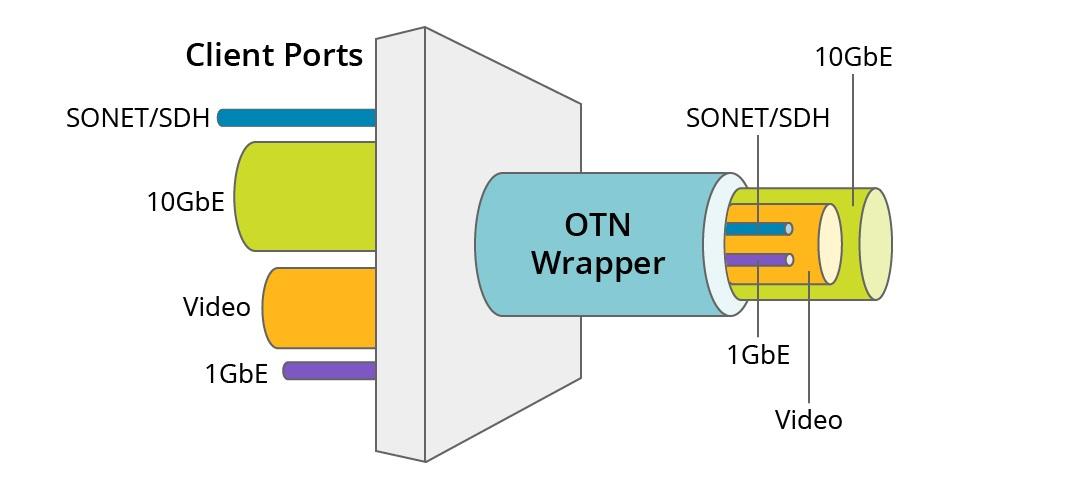Exploring the Key Engines of Sustained Global Optical Transport Network Market Growth

The trajectory of Optical Transport Network Market Growth is being consistently propelled by a set of powerful and enduring digital trends that are fundamentally reshaping how we live, work, and communicate. As our world becomes more deeply integrated with digital services, the demand for the underlying transport infrastructure that carries all this data continues to climb. OTN is the core technology that enables network operators to scale their capacity efficiently and reliably. The momentum behind this sector is strong and unwavering, with market projections pointing towards a valuation of USD 34.46 billion by 2032. This impressive expansion will be achieved through a sustained and vigorous compound annual growth rate of 7.43% during the forecast period of 2024 to 2032.
A primary engine of this market growth is the relentless expansion of data centers. The modern internet is powered by a globally distributed network of massive hyperscale data centers. The amount of data moving between these data centers—known as East-West traffic—is growing at an astonishing rate, driven by cloud service replication, data backups, and distributed computing for applications like AI. This requires ultra-high-capacity, low-latency, and highly reliable Data Center Interconnect (DCI) networks. OTN, particularly with high-speed coherent optics operating at 400G and 800G, is the premier technology for building these DCI links. As hyperscalers continue to build new data center campuses and expand their global footprint, the demand for advanced OTN solutions will continue to be a major growth driver for the entire market.
The continuous build-out and modernization of submarine cable networks is another critical growth engine. These undersea fiber-optic systems are the lifelines of the global internet, carrying over 95% of all intercontinental data traffic. To keep pace with the explosion in global data demand, new submarine cables are constantly being planned and deployed across the Atlantic, Pacific, and other key routes. Furthermore, existing cables are being upgraded with the latest OTN terminal equipment to maximize the capacity of the undersea fiber. Each new submarine cable project represents a multi-hundred-million-dollar investment, with a significant portion of that spending allocated to the OTN line systems that light up the fiber, making the subsea market a powerful and consistent source of growth for the industry's leading vendors.
Finally, the convergence of different network types onto a unified transport layer is a significant long-term growth factor. In the past, mobile, business, and residential services often ran on separate, siloed transport networks. Today, operators are moving towards a converged architecture where all these services are carried over a single, flexible OTN-based infrastructure. This approach, often called "transport network slicing," allows operators to create virtual networks tailored to the specific needs of different services—for example, a low-latency slice for 5G applications and a high-bandwidth slice for residential broadband. This need for a unified, programmable, and multi-service transport layer is a fundamental driver that ensures sustained demand and continued growth for the Optical Transport Network market well into the future.
Explore Our Latest Trending Reports:
GCC Intelligent Document Processing Market
- Art
- Causes
- Crafts
- Dance
- Drinks
- Film
- Fitness
- Food
- Spiele
- Gardening
- Health
- Home
- Literature
- Music
- Networking
- Other
- Party
- Religion
- Shopping
- Sports
- Theater
- Wellness
